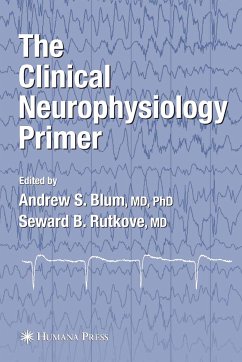
Suppressing the Mind (eBook, PDF)
Anesthetic Modulation of Memory and Consciousness
Redaktion: Hudetz, Anthony; Pearce, Robert
Versandkostenfrei!
Sofort per Download lieferbar
160,95 €
inkl. MwSt.
Weitere Ausgaben:

PAYBACK Punkte
80 °P sammeln!
Anesthetics produce a reversible state of unconsciousness accompanied by ante- grade amnesia. This remarkable phenomenon brings great relief to surgical patients and wonder to clinicians and scientists. To date, we do not fully understand the mechanisms by which anesthetics ablate conscious sensation and memory. We are, however, making progress. This book presents original results as well as overviews of the current state of knowledge of the problem. It is authored by investigators who know the ?eld well; their research at a number of levels has contributed substantially to our c- rent underst...
Anesthetics produce a reversible state of unconsciousness accompanied by ante- grade amnesia. This remarkable phenomenon brings great relief to surgical patients and wonder to clinicians and scientists. To date, we do not fully understand the mechanisms by which anesthetics ablate conscious sensation and memory. We are, however, making progress. This book presents original results as well as overviews of the current state of knowledge of the problem. It is authored by investigators who know the ?eld well; their research at a number of levels has contributed substantially to our c- rent understanding of anesthetic modulation of memory and consciousness. Most of the contributors were presenters at two workshops organized by Dr. Pearce and Dr. Hudetz at the 40th Annual Winter Conference on Brain Research, held at Snowmass Village, Colorado, from January 27 through February 2, 2007. One workshop focused on anesthetic modulation of consciousness and another on an- thetic modulation of memory. Seven of the chapters are based on material presented at these symposia - appropriately updated with new relevant ?ndings. This infor- tion is supplemented by chapters on anesthesia and sleep, computational analysis of the state of anesthesia, and the clinical phenomenon of "anesthesia awareness," a topic that has recently received much public attention. With these three additional contributions, the book thus includes 10 chapters.
Dieser Download kann aus rechtlichen Gründen nur mit Rechnungsadresse in A, B, BG, CY, CZ, D, DK, EW, E, FIN, F, GR, HR, H, IRL, I, LT, L, LR, M, NL, PL, P, R, S, SLO, SK ausgeliefert werden.













